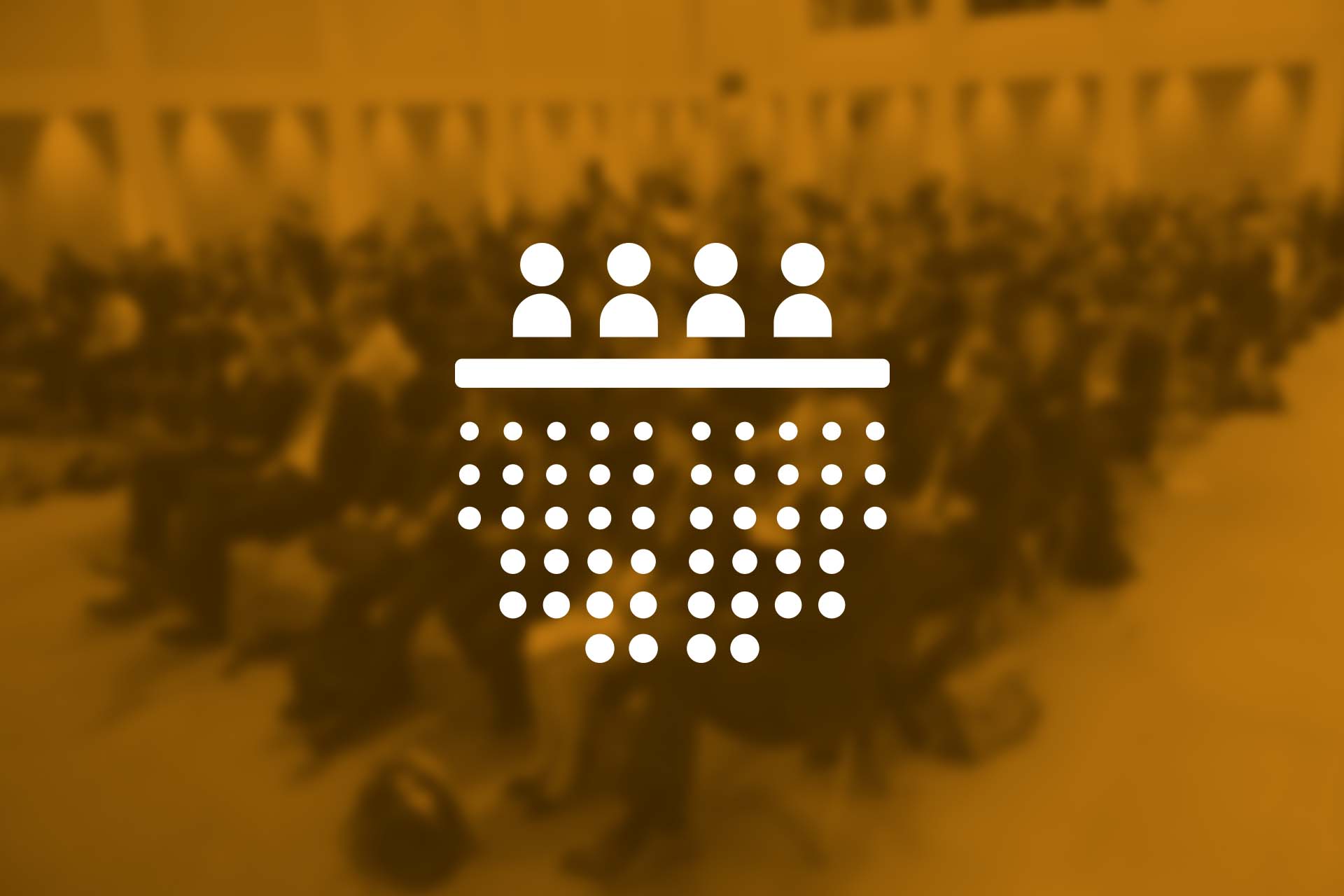Passenger transport activities are a means to increase people's well-being by allowing them to access essential opportunities safely. Yet, accessibility benefits of transport projects are not always integrated into networks' appraisal, planning and financing. Various reasons contribute to this. First, in multiple contexts, transport planners seek to increase people's mobility – especially by private motorised modes - instead of focusing directly on improving people’s access. Second, even when accessibility is a focus, it can be difficult to determine and measure the levels of access that different user groups want and need for having equitable transport systems. It can be equally difficult to understand and assess the safety conditions that would be needed to grant them real accessibility. Integrating access and safety levels into traditional cost-benefit analysis processes for equitable decision-making can be methodologically challenging, especially when considering aspects such as people's gender, physical and socio-economic characteristics. Third, even when authorities can integrate comprehensive access and safety metrics in their decision-making processes, these indicators can be hard to communicate to policy makers, making them hard to operationalise.
This session will aim at highlighting how authorities at all levels can overcome these challenges to create mobility systems that put safe access for all at the centre of planning and funding decisions. Specifically for cities, it considers how to assess ways of reinforcing links between mobility planning and management in order to develop sustainable mobility systems with people as the main focus.
Spotlight on Research Sessions bring together research experts, senior-level practitioners, policy makers and strategists to discuss and inform decision makers on issues relevant to the Summit's themes. This is increasingly important considering the pace at which our transport systems are currently evolving. Researchers can inform policy decisions by helping practitioners understand the increasing complexity of mobility systems, by raising awareness about the latest innovations that could be critical for a sustainable future and by critically assessing policies.
The sessions offer an excellent opportunity to exchange ideas and are organised jointly between the ITF Secretariat, together with the European Commission (EC), the European Conference of Transport Research Institutes (ECTRI), the Transportation Research Board (TRB) and the World Conference on Transport Research Society (WCTRS).
Bridging research and policy, this Research in Focus session is complementary to the core session How to capture accessibility benefits in transport planning.







